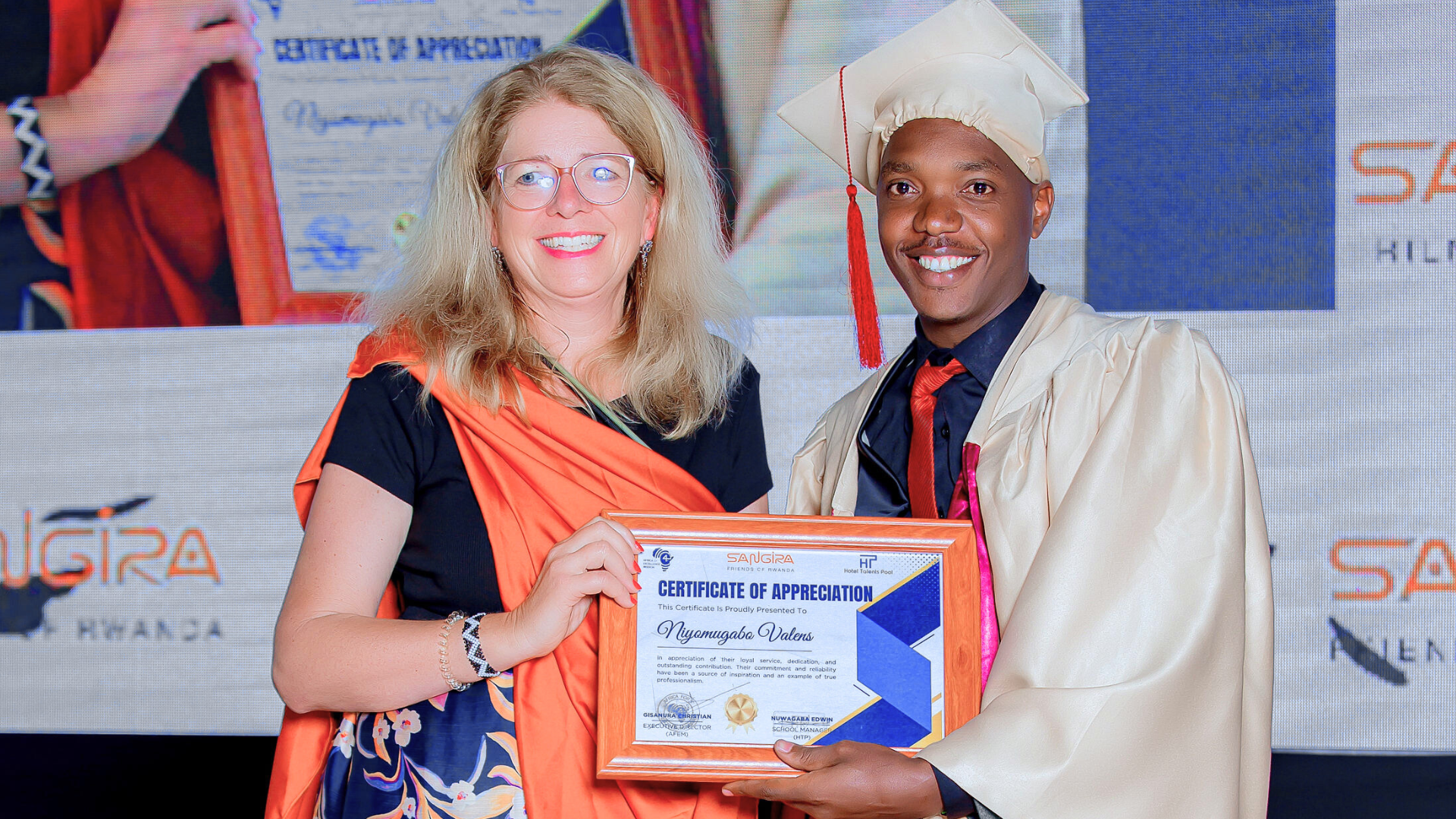What do you think about AI?
AI has now reached the mass market and it’s a game changer. As with every new technology, there are huge advantages as well as risks and shortfalls. At Global Swiss Learning, we are using AI on many fronts, being it to improve our translations and texts, to have chatbots administer student surveys, or to gather information in a faster and more structured way. We use advances in technology to help improve our products, but we very much support the calls for regulations, especially in terms of IP rights and transparency. It is only a matter of time before new rules will be established, and it is and will be critical to enforce them. In the absence of such regulations, we would like to be transparent about how we use it and follow a risk-based approach.
Has AI and ChatGPT, in particular, become a threat to the education industry?
Yes, especially in the online-only segment, which offers learners short courses, not associated with credible educational institutions and/or without certification altogether. Certain online educators in the market have already come under pressure, and stock prices have slipped due to lower than expected sales. Tools like Chat GPT make it much easier to find information, and students might think twice before paying for short courses with some of the big online education platforms.
.png)
How will Global Swiss Learning be impacted— because of ChatGPT and the change in online education consumption?
Although we do not know yet what the future of AI might bring—I guess nobody does—we feel that we are less exposed at this stage. Here are a few reasons why:
· Our offer is not limited to simple “information dumping,” and most importantly, the content of our courses is original—from accredited institutions in Switzerland— certified by industry leaders.
· ChatGPT (and other AI tools) are trained by public content on the internet, whereas GSL's information sources come from our specialized, private industry and educational partners in the professional field. It is impossible to find such complete content that has the same quality and standard, on the public internet. It is the GSL advantage—and a disadvantage for those looking to ChatGPT as a substitute.
· Our interactive digital online training is a big part of our certification process, yes. But not only that! We have a B2B model, with an in-person training arrangement that includes technical knowledge and, even more importantly, a practical skills transfer. We focus on blended vocational training where observational and experimental learning is important to master the practical exercises. Guided Training exercises and feedback are needed, especially in vocational training. The practical training is done in host companies and/or schools, as there are infrastructure requirements, and students need to be accompanied by either trainers or in-house professionals.
· The depth of our courses and how we employ different digital tools inside them go beyond anything the online education market has seen at this stage.
· To pass a certification level, students must succeed in the online part as well as the practical training, including its final examination. It is necessary to acquire a complete set of skills and competencies and, with it, the respective certification. A certified vocational education process is very different from the short learning nuggets offered by the industry.
What measure will Global Swiss Learning follow not to be exposed to the negative sides of AI.?
Having said this, IP protection is a crucial topic for us. But also, private data protection rules have become even more important. As a strategy, we will focus on the vocational education sector with its professions where practical skills and crafts have relevance, on the depth of the courses, secure IP rights and only use original content, stick to a rigorous certification process, and make sure that courses are always offered in blended learning format and not online only. Nevertheless, we must track developments closely and always ask ourselves, even when selecting courses for new professions, whether these will still exist in the future and stick to creative and crafty professions.
#digitallearning #vocationaltraining #swissquality #onlinelearning #certifiedcourses #artificialinteligence



.png)

